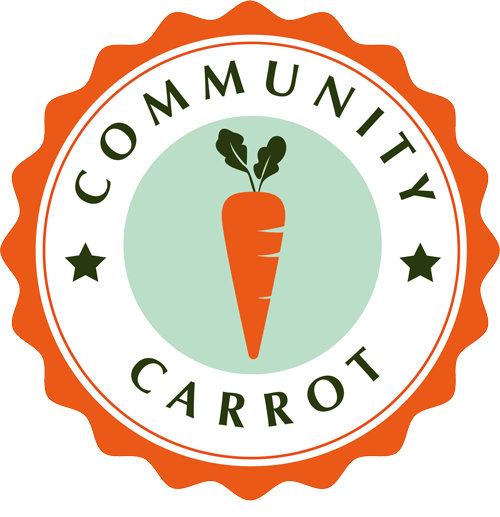Organic September: Why Choose Organic?
Hot on the heels of new data showing that sales of organic food and drink hit a record high during lockdown, this Organic September is the perfect time to find out why organic farming matters, and how to start making some swaps to your shopping basket.
Our top four reasons to choose organic
Supporting biodiversity and wildlife
41% of Britain’s wildlife species have declined since 1970, and more than 1 in 10 are currently facing extinction. Earth has lost half its wildlife in the past 40 years. Intensive farming practices, especially pesticide use, have been identified as the main driver of these declines, but organic farming offers an alternative.
On average, plant, insect and bird life is 50% more abundant on organic farms, and there are around 75% more wild bees on organic farms, because organic farmers use fewer pesticides.
The nitrogen fertilisers used in conventional farming can create ‘ocean dead zones’ which deprive life below water of vital oxygen. This can kill fish and other aquatic life. Organic standards ban the use of these manufactured fertilisers, lowering the risk of pollution in rivers, seas and waterways.
Helping to combat climate change
No artificial fertilisers lowers the risk of environmental pollution and helps reduce greenhouse gas emissions by severely restricting the use of manufactured chemical fertilisers and pesticides, which come from burning fossil fuels.
Synthetic nitrogen fertilisers are responsible for an increase in nitrous oxide in the atmosphere, a greenhouse gas which is 300 times more potent than carbon dioxide.
We’re destroying soils 10 times faster than nature can restore them. Organic farmland stores (or ‘sequesters’) more carbon – on average 3.5 tonnes extra for every hectare), and organic soils are around 25% more effective at storing carbon in the long-term.
The highest standards of animal welfare
What this means for organic dairy cows, for example, is:
Free range - By law, cows must be at pasture whenever conditions allow, over 200 days on average.
Fewer pesticides & no artificial fertilisers used on pasture.
Organic cows are fed a diet free from artificial additives, chemicals and genetically modified ingredients, and the routine use of antibiotics in the organic system is banned.
Organic farmers are permitted only to treat animals with antibiotics when they are actually sick, not as a routine, preventative measure. High welfare, pasture-based systems have reduced rates of infection and so less need for antibiotics in the first place.
Organic milk contains around 50% more omega-3 fatty acids than non-organic.
Organic dairy cows are generally not pushed to their milk producing limits in the same way other cows can be. Average yields in organic milk production are around 20% less than in intensive production.
Better for people and our health
Choosing organic reduces your and your family’s exposure to pesticides, additives and preservatives.
The use of additives and processing aids is heavily restricted in organic. Organic standards prohibit hydrogenated fats, controversial artificial food colourings, sweeteners and preservatives, like tartrazine and aspartame, and washing fruit and vegetables in chlorine.
Choose organic if you want to avoid GM ingredients: organic food systems are opposed to GM, for environmental, health and social reasons, and all GM ingredients are banned under organic standards.
Most non-organic livestock are fed GM foods. As such, GM-fed meat, egg and dairy is widespread and unlabelled in supermarkets.
Organic food is produced using fewer antibiotics.
The overuse of antibiotics in human and animal medicine is undermining their ability to cure life-threatening infections. The more sparingly we use our antibiotics, the more effective they will remain.
With farm animals accounting for 30% of all antibiotics used in the UK, organic farming standards, which ban the routine use of antibiotics, can help minimise antimicrobial resistance and protect the effectiveness of these treatments.
The price behind the sticker
The main protest against organic, from a consumer perspective, is always the higher price. But the true cost of a product isn’t the one on the price sticker. For every £1 invested in local and sustainable food sourcing in the public sector, for example, the community could see up to £3 return in social, economic and environmental value*.
To find out the real cost of conventional food, the whole system it was produced in needs to be taken into account – the value of safeguarding the environment and improving animal welfare, the value of supporting local farmers and food economies, the value of protecting our health and heading off looming problems including antibiotic resistance and the climate crisis. By making small changes to the way we shop, cook and eat – things like batch cooking, reducing food waste, growing some of our own, choosing less but better meat – the price difference can often be absorbed.
*New Economic Foundation
Facts and stats from the Soil Association website

